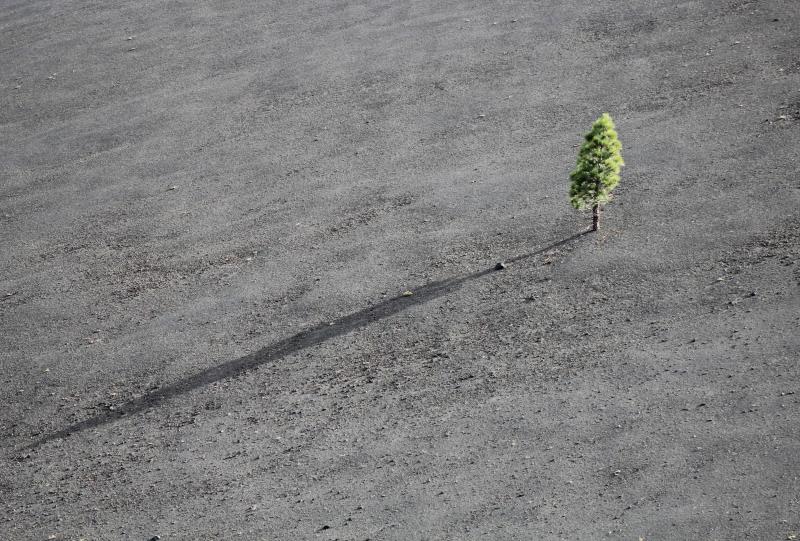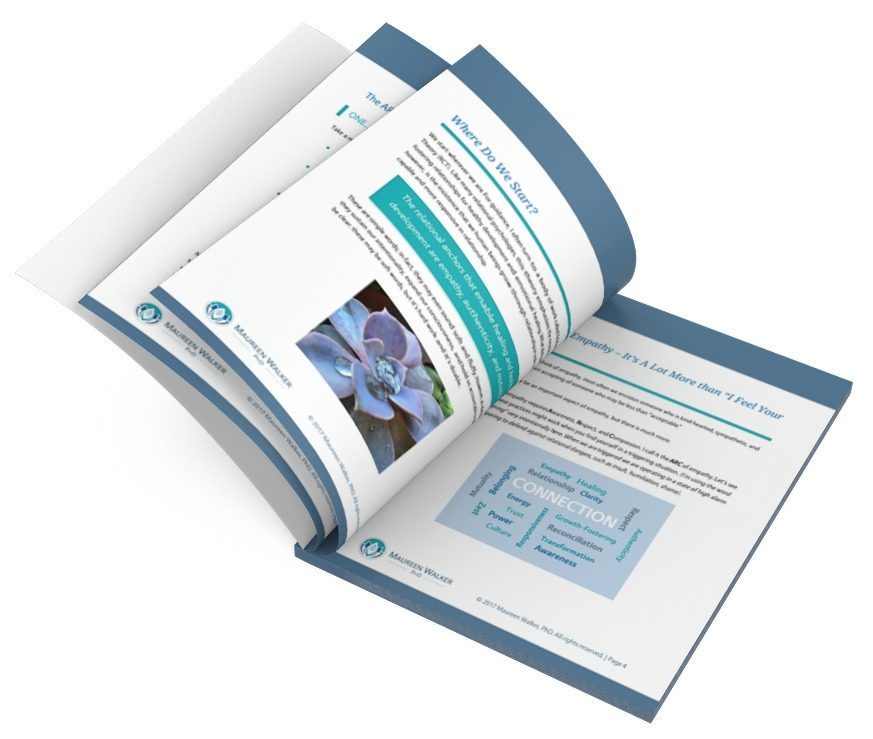Why bother? Why even try? Given a cultural climate, these are not unreasonable questions. Increasingly, they are asked by professionals in health care, environmental justice, education and clinical services. This asking perhaps signals the onset of heartbreak, or may be attempts to stave off relational vulnerability and despair. They reveal the fragility of good intentions and the transience of good deeds. The work that endures is work that preserves the human spirit—the practice of love.
The love that heals is a vast and generative energy that empowers and emboldens. It facilitates movement toward compassion; it sparks curiosity and embraces vulnerability. Leadership consultant Margaret Wheatley (2017) insists the work of healing and justice be rooted in an “unshakeable confidence in the human capacity for bravery, gentleness, and kindness”. Jean Baker Miller (1976), founding scholar of RCT, emphasizes the necessity of “an enlarged vision of human possibility”. At the end of her life, RCT scholar Irene Stiver affirmed that healing work is the work of love. These wise women are describing energies that enable the “doing” of love: robust intentionality, authentic humility and disciplined practice. To generate the Jean Baker Miller’s “five good things” of growth-fostering relationships (clarity, zest, action, sense of worth, desire for more connection), the work of healing and justice must encompass the following five enabling actions.
1. Dare to be aware; defy the lies. Where gaslighting, false equivalences and outright lies exist, families, organizations, or broader political/cultural systems can depend for their existence upon passive or active collusion with lies. Defy the lies.
2. Express truths with conviction and with openness to new learning. The work of love requires showing up with conviction; it requires shedding the guise of false humility and the refuge of moral relativism. It may well lead to conflict. When it does, it can be at best an exercise that illuminates possibility.
3. Allow the process of relationship reveal what “the work” is and is not. It can be easy for people with open hearts and good intentions to try to do and be “everything for everybody”, but such efforts almost invariably lead to weakened focus, bruised egos and festering resentment. Activist Adrienne Maree Brown (2017) writes “Sometimes work must be redefined from a mile wide and an inch deep to a mile deep and an inch wide”.
4. Nurture relationship with allies. The work of healing and justice requires community. Preach to the choir. Aside from possible agreement on top-level ideology, there is diversity within “the choir”. Nurturing relationship reveals areas of burgeoning disharmony and conflict. Paraphrasing the Dalai Lama, much
suffering is created when well-intentioned people fail to notice what is arising among them. Expect movement; expect to change and be changed by the work and the relationships. In RCT terms, this is power: the capacity to move and be moved by each other. To embrace that power is to claim the energy of love.
5. Know when the work is done. While probably true that the work of healing and justice is never done, it is necessary to know what work to do and when it is time to move on. The work of love truly is the work of community; it is not the exclusive province of any one purpose or group. Moving on with gratitude,confidence, and humility clears the pathway toward the fifth “good thing”—the desire for more relationship—and is a spirit-preserving action that enables openness to new possibilities.
Former Czech leader Vaclav Havel defined hope not as the conviction that something will turn out well, but the certainty that it was worth doing no matter how it turns out. This kind of defiant clarity releases the energy of love, and expands our capacity for disruptive empathy, untiring compassion plus respect for the dignity of humanity. And that is the love worth doing.
References:
Brown, A.M. (2017). Emergent strategy: Shaping change, changing worlds. Chico, CA:AK
Press.
Miller, J.B. (1976). Toward a new psychology of women. Boston: Beacon Press.
Wheatley, M. (2017). Who do we choose to be? Facing reality, claiming leadership, restoring sanity. Oakland, CA: Berrett-Koehler Publishing, Inc.



